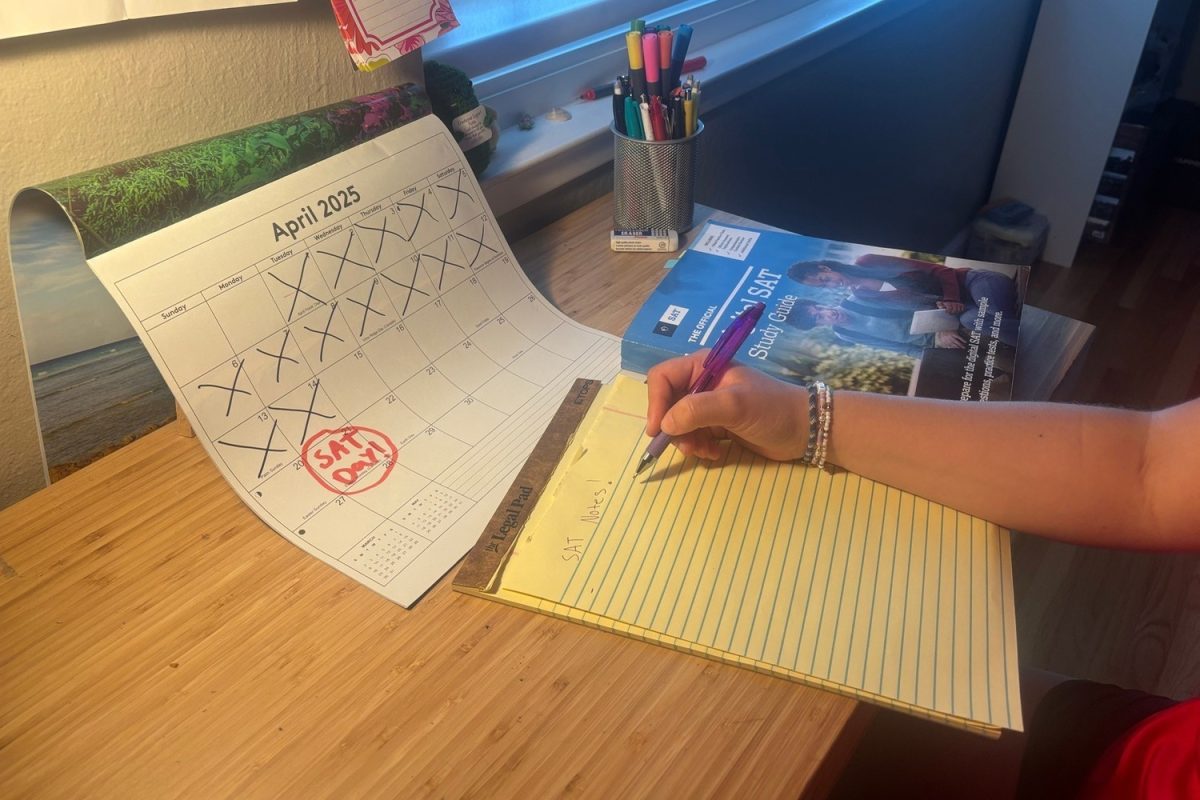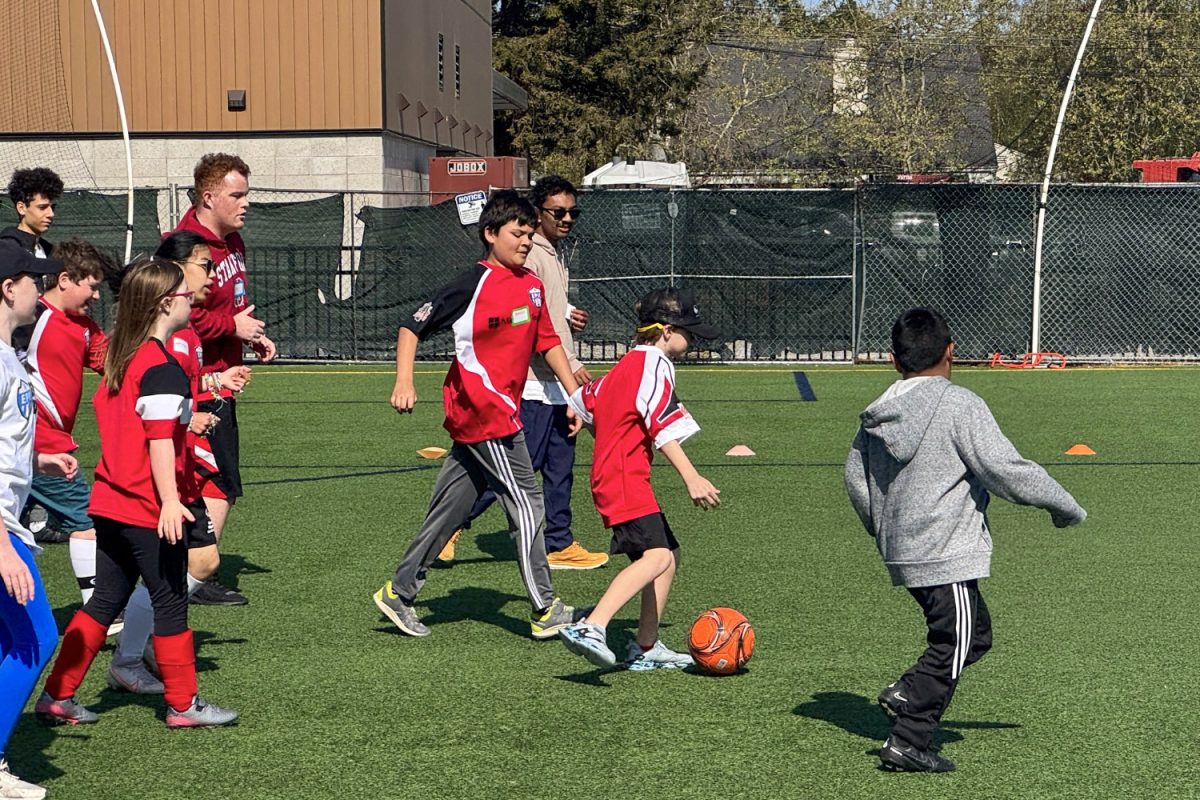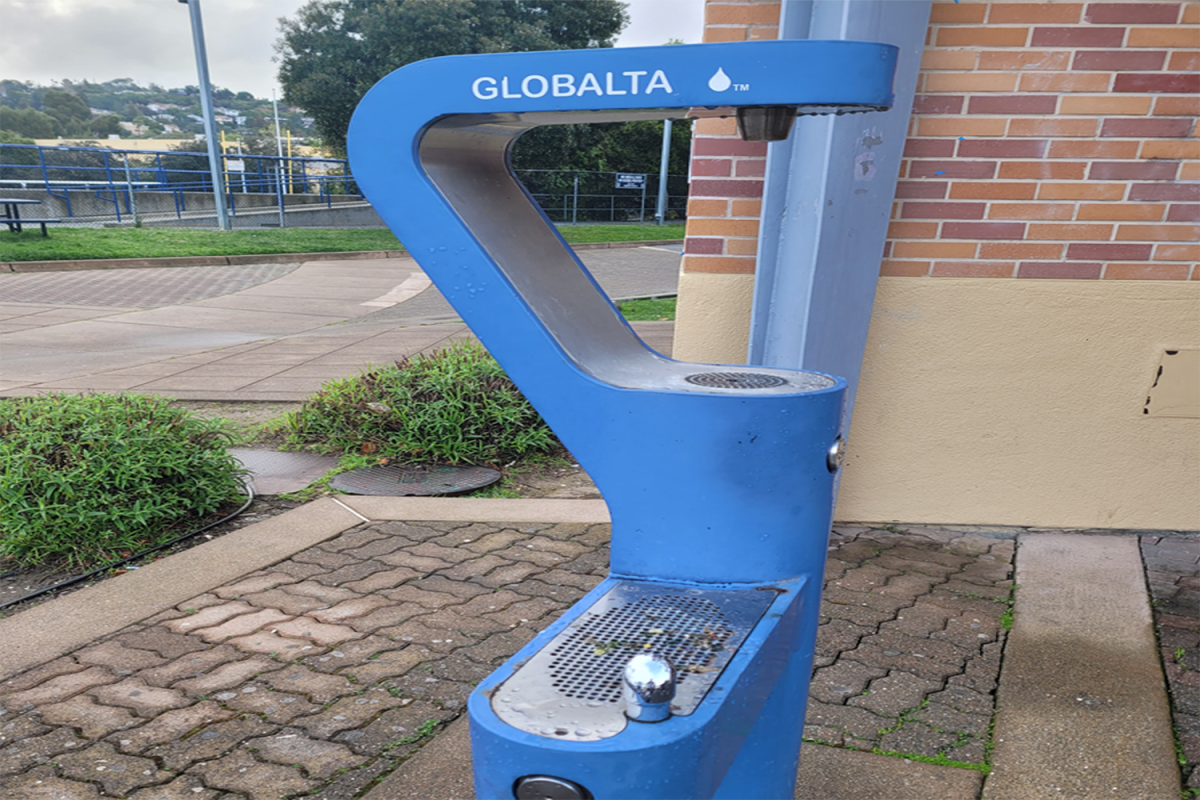
Forty-six million people travel during the holiday season.
That’s 46 million people in airports and planes all over the world.
According to the Transportation Security Administration (TSA), an average of 2 million people went through security each day in 2019. This number has been cut by 95% due to COVID-19 travel restrictions.
However, as the holiday season approaches, the number of people traveling has dramatically increased. At Carlmont, some students plan to travel during the winter break to see family in other states or countries.
“We normally travel to Mexico to go see family for Christmas,” Alexander Shetty said.
Shetty is a sophomore, and he is disappointed that he cannot travel to see his family this year.
“I look forward to going to Mexico, and it’s been a while because we didn’t go last year,” Shetty said.
Like many others, Shetty enjoys traveling over the holidays and seeing his extended family members.
Similarly, Aristia Cottereau, a sophomore, has family members who live in France. During winter break, they go to France to spend time with their family and ski. This year, they plan on continuing that tradition.
“We are going to take precautions before we leave,” Cottereau said. “We have to take a COVID-19 test 72 hours before getting on our flight, and we have to test negative in order to go.”
Throughout the year, the United States government has been lessening travel restrictions after 43 commercial airlines declared bankruptcy in Oct.
As there are fewer and fewer travel restrictions, more people have seen their family members. However, traveling by plane still seems risky for many people, and some have found other ways to travel domestically.
“My parents are thinking of renting an RV because it’s a little safer to drive than to fly,” Kiana Domingo, a sophomore, said.
Either way, traveling during this time can be unsafe, especially for people who are already at risk for other health conditions. The safest option is to stay at home and celebrate the holidays through Zoom and other video chatting services.
“A lot of people are very scared of [COVID-19], and some people don’t have access to tests and other things that are required to travel,” Cottereau said.











